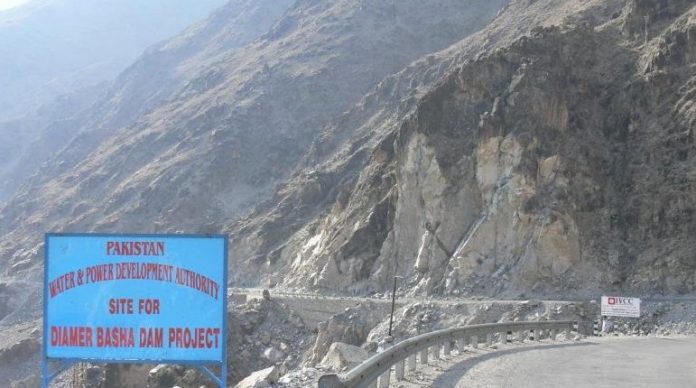Pakistan has requested approval from the International Monetary Fund (IMF) to impose a special 1% tax on all taxable goods produced within the country to generate funds for the Diamer-Bhasha and Mohmand Dams, aiming to address water security concerns amid tensions with India, The Express Tribune reported.
The government’s decision follows the reluctance of most provincial governments to finance the early completion of these critical water projects, despite repeated promises from Islamabad. As a result, the central government is seeking an additional Rs77 billion to meet the financial gap for the two dams, which have been delayed due to insufficient funding.
The Diamer-Bhasha Dam, estimated at Rs480 billion, and the Mohmand Dam, initially pegged at Rs310 billion, are crucial for Pakistan’s long-term water storage needs. However, with a projected Rs540 billion still required to complete these projects, Pakistan is struggling to meet the necessary financial targets.
According to the news report, the government’s proposed 1% cess would apply to all locally produced taxable goods, with exceptions for essential items such as electrical energy and medicines.
However, the move is subject to approval by the Parliament and the IMF. While the IMF has expressed concern over the additional burden on citizens, it has recommended using the existing Rs1 trillion Public Sector Development Programme (PSDP) for funding, rather than imposing new taxes.
The carbon levy and petroleum tax remain part of the strategy to fund these dams, but the government has been warned about the long-term financial sustainability of such measures.
Meanwhile, efforts to recover funds from the Gas Infrastructure Development Cess (GIDC), which has been largely uncollected, remain slow despite government intervention.
Prime Minister Shehbaz Sharif has engaged provincial governments in discussions to share the financial load of the projects, but except for Khyber Pakhtunkhwa, provinces have expressed reluctance to contribute.
With a growing financial gap, Pakistan is facing challenges in advancing its infrastructure projects while managing fiscal deficits. The government has set a deadline of 2030 for the completion of the two dams, which will provide an additional 7 million acre-feet of water storage capacity.
However, delays in funding and project completion are likely to continue impacting the country’s water resources management.




